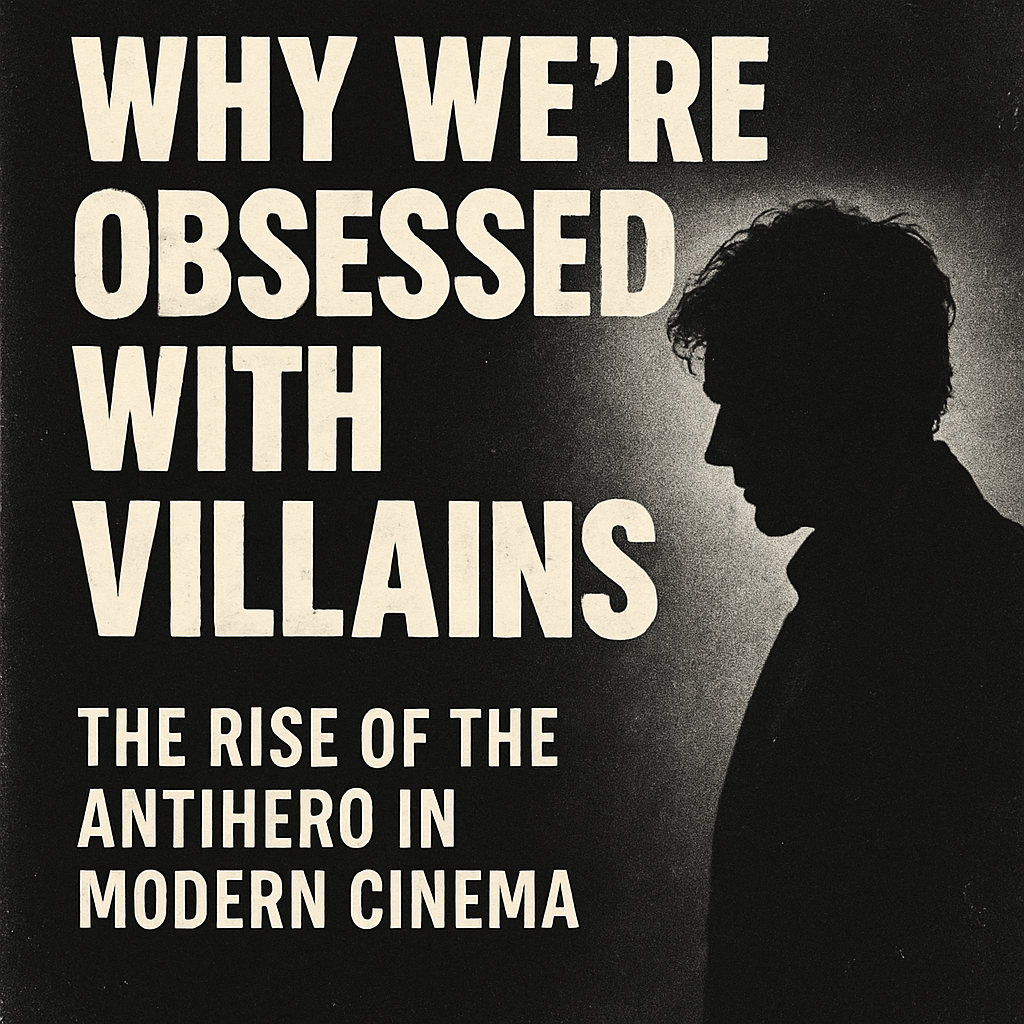The Academy Awards, better known as the Oscars, have long been regarded as the pinnacle of cinematic achievement. Every year, the world eagerly anticipates the winners, as these films often embody the finest craftsmanship, storytelling, and artistry in the industry. But what makes these films so deserving of their Oscars? Let's take a closer look at the recent Oscar-winning films and explore what set them apart.
The Art of Storytelling:"Everything Everywhere All at Once"(2023)
In 2023, Everything Everywhere All at Once made waves across the film world, taking home the prestigious Best Picture award. Directed by Daniel Kwan and Daniel Scheinert, the film was a mind-bending, genre-defying masterpiece that blended science fiction, family drama, and action. Its brilliance lies in its storytelling, with a narrative that explores themes of identity, generational trauma, and the multiverse in a way that feels both absurd and deeply emotional.
The film's unique structure and stunning visual effects helped it stand out from its competition. The portrayal of Michelle Yeoh's character, Evelyn, as a weary mother caught in an interdimensional battle, resonated deeply with audiences. The film's boldness in challenging conventional narrative forms won over both critics and fans, making it one of the most unforgettable Oscar victories in recent memory.
A Masterclass in Performance:"The Father"(2021)
In 2021, The Father stood as a testament to the power of nuanced performances. Directed by Florian Zeller, the film followed an elderly man, played by Anthony Hopkins, as he navigated the onset of dementia. Hopkins'portrayal of a man losing his grip on reality was nothing short of extraordinary. His performance earned him the Best Actor Oscar, and rightly so. His ability to embody the confusion, anger, and vulnerability that come with dementia made The Father a heartbreaking, but essential watch.
But it wasn't just the lead performance that captivated audiences. Olivia Colman, as his daughter, brought depth and humanity to her role, making the film's exploration of family dynamics and caregiving feel painfully real. The Father is a masterclass in emotional storytelling and an unforgettable portrait of aging and mental decline.
The Timeless Elegance:"The Shape of Water"(2018)
Guillermo del Toro's The Shape of Water (2018) presented a magical realism tale set during the Cold War, where an unlikely romance blossoms between a mute woman and a mysterious aquatic creature. The film won four Oscars, including Best Picture, and is a true testament to del Toro's visionary direction. His ability to blend fantasy with real-world issues—like isolation, prejudice, and the yearning for love—was nothing short of brilliant.
The film's visual storytelling, paired with Alexandre Desplat's hauntingly beautiful score, created a hauntingly elegant atmosphere. Sally Hawkins'delicate performance as Elisa, the mute protagonist, was deeply moving, and her chemistry with the creature, played by Doug Jones, was both tender and poignant. The Shape of Water proved that fairy tales can be more than just whimsy—they can tackle complex human emotions and societal issues with grace.
Changing the Game:"Parasite"(2020)
The 2020 Oscars saw a historic moment with Parasite, the first non-English language film to win Best Picture. Directed by Bong Joon-ho, Parasite was a darkly comedic thriller that dissected class struggles in modern-day South Korea. The film's scathing critique of social inequality resonated globally, as its portrayal of the stark divide between the rich and the poor was both relevant and unsettling.
Parasite made history not only by winning the Best Picture award but also by taking home several other major Oscars, including Best Director for Bong Joon-ho. It was a breakthrough moment for international cinema, proving that powerful stories know no language barriers. With its unique blend of social commentary, genre-bending elements, and superb direction, Parasite became a true cultural phenomenon.
The Power of Innovation:"Birdman"(2015)
Alejandro González Iñárritu's Birdman (2015) won the Academy Award for Best Picture, and its groundbreaking approach to filmmaking was a key reason why. The film, which follows an actor's internal struggle as he attempts to revive his career by directing and starring in a Broadway play, was known for its unique, "one continuous shot" visual style. This innovative technique created a sense of urgency and intimacy that pulled viewers into the protagonist's world.
Michael Keaton's performance as Riggan Thomson, a washed-up actor trying to reclaim his former glory, was widely praised, earning him a nomination for Best Actor. The film's ability to blend dark humor with sharp social commentary about fame, ego, and the fragility of self-worth made it a standout winner in 2015.
Conclusion: A Cinematic Reflection of Our Times
The films that win the Oscars aren't just exceptional in terms of artistry—they are often deeply reflective of the cultural, social, and political climate of their time. They tackle complex themes with boldness, vulnerability, and creativity. These Oscar-winning films, from Everything Everywhere All at Once to Parasite, challenge our perspectives, evoke deep emotions, and leave lasting impressions.
As we continue to celebrate the craft of filmmaking, one thing remains clear: the Oscars will always serve as a stage for those films that push the boundaries of creativity and storytelling, inspiring us all to think, feel, and dream.

